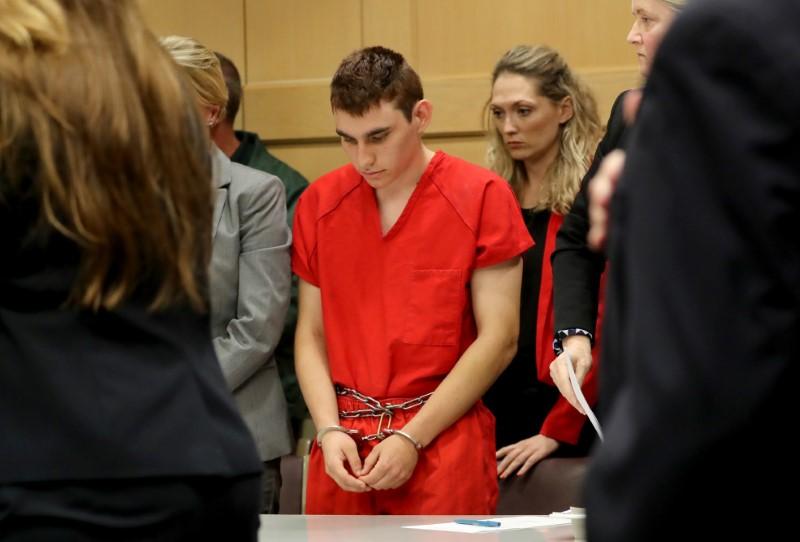FORT LAUDERDALE, Florida–The man charged with killing 17 people at Florida high school qualifies to have a public defender represent him at taxpayer expense, even though he may inherit money from his late mother’s estate, a Florida judge ruled on Tuesday.
The 19-year-old suspect, Nikolas Cruz, has a current net worth of about $28,000 and access to only part of that sum, Broward County Circuit Judge Elizabeth Scherer wrote in a court ruling. As a result, paying for a private lawyer would impose a substantial hardship on the defendant, she said.





